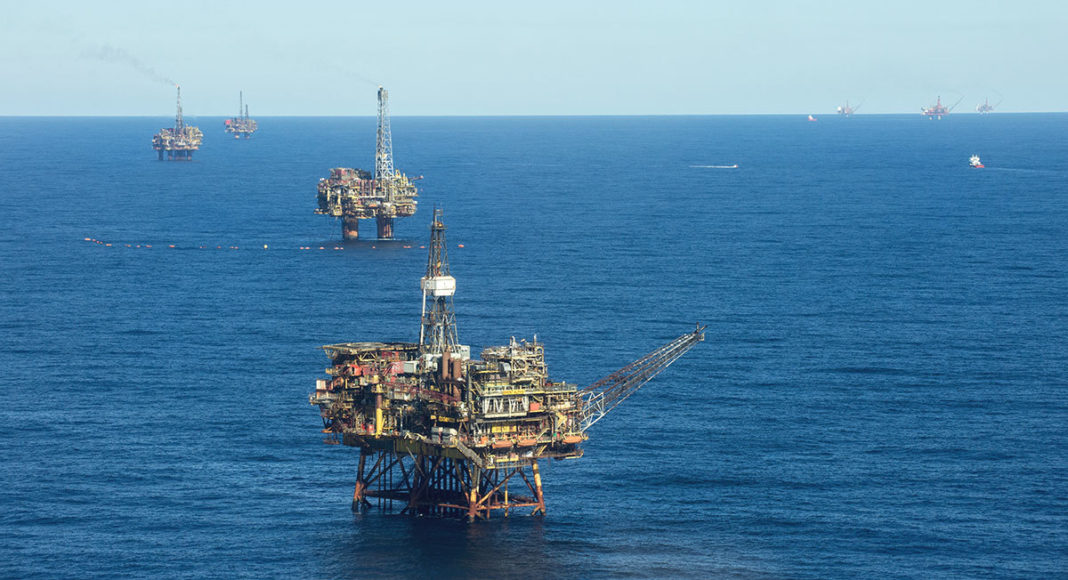US$12.1 trillion in investments is what the world needs to meet the escalating global oil demand in the long term, according to the Organization of the Petroleum Exporting Countries (OPEC).
The demand for oil will not falter, according to OPEC. In fact, it will witness a significant surge over the next few decades, primarily driven by rapid industrialisation and population growth in emerging economies. OPEC says the rising demand, coupled with the depletion of existing reserves, necessitates substantial investments in exploration, production, and infrastructure to ensure a stable energy supply.
Dr. Mohammad Barkindo, former Secretary-General of OPEC, emphasized the criticality of these investments, stating, “As the world population continues to grow and economies expand, the demand for oil will rise steadily. It is imperative that we make the necessary investments to ensure that this demand is met without any disruptions, thereby supporting global economic growth and stability.”
IEA’s call to halt oil and gas developments could add to price volatility | OilNOW
The US$12.1 trillion estimated by OPEC is projected to cover various aspects of the oil industry, including exploration, drilling, extraction, refining, transportation, and storage facilities. The investments are expected to be spread across both traditional oil sources and renewable energy technologies to create a balanced energy mix that caters to the evolving needs of nations worldwide.
OPEC said a significant portion of the required investments needs to be directed toward developing countries, particularly those experiencing a surge in demand due to their expanding industrial sectors. The developing nations will require substantial financial support to bolster their energy infrastructure and promote sustainable growth while meeting their rising energy demands.
Recently, OPEC and the US International Energy Agency (IEA) traded words after its Executive Director Fatih Birol in a Bloomberg interview said it should be “very careful” with its production policy, warning that its short-term and medium-term interests seem to be clashing. Birol said that higher crude prices and upward inflationary pressures can lead to a weaker global economy, with low-income nations in the direct line of fire.
In a scathing response, OPEC argued that “finger-pointing and misrepresenting OPEC and OPEC+ actions is counterproductive,” adding that blaming oil for inflation was erroneous and technically incorrect.
“If anything will lead to future volatility, it is the IEA’s repeated calls to stop investing in oil, knowing that all data-driven outlooks envisage the need for more of this precious commodity to fuel global economic growth and prosperity in the decades to come, especially in the developing world,” OPEC Secretary General Haitham Al Ghais said.
What sparked the ire of the IEA was OPEC’s planned production cut of 1.2 million barrels of crude a day. Prices jumped after the announcement.
In its Short Term Energy Outlook, the IEA expects Brent to average at US$85.01 a barrel this year, 2.5% higher than the previous outlook. Brent prices in 2024 are revised to US$81.21 per barrel – 5% higher than before. With West Texas Intermediate (WTI) crude, expectations were raised by a similar amount.




